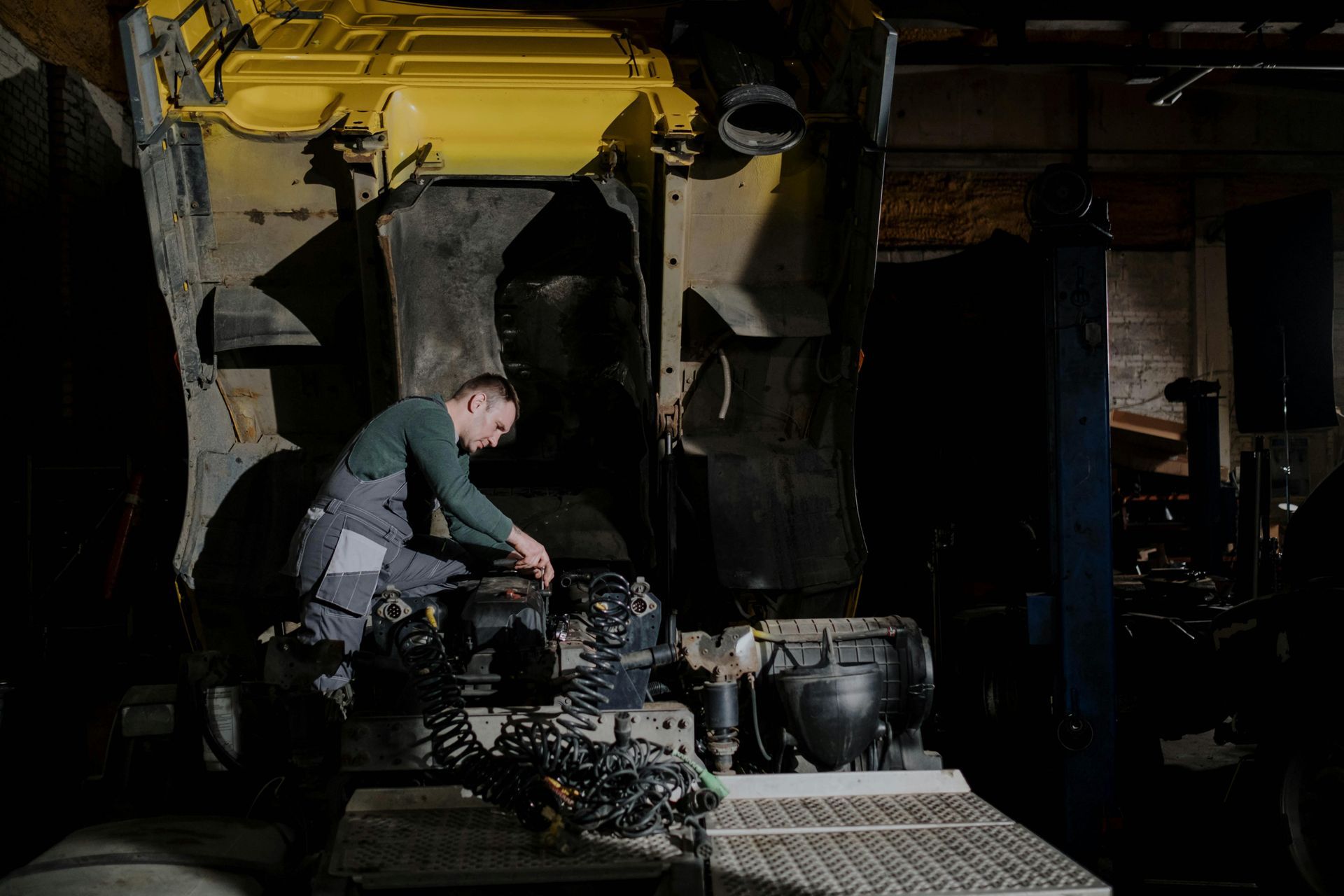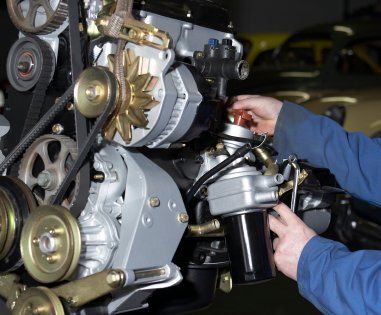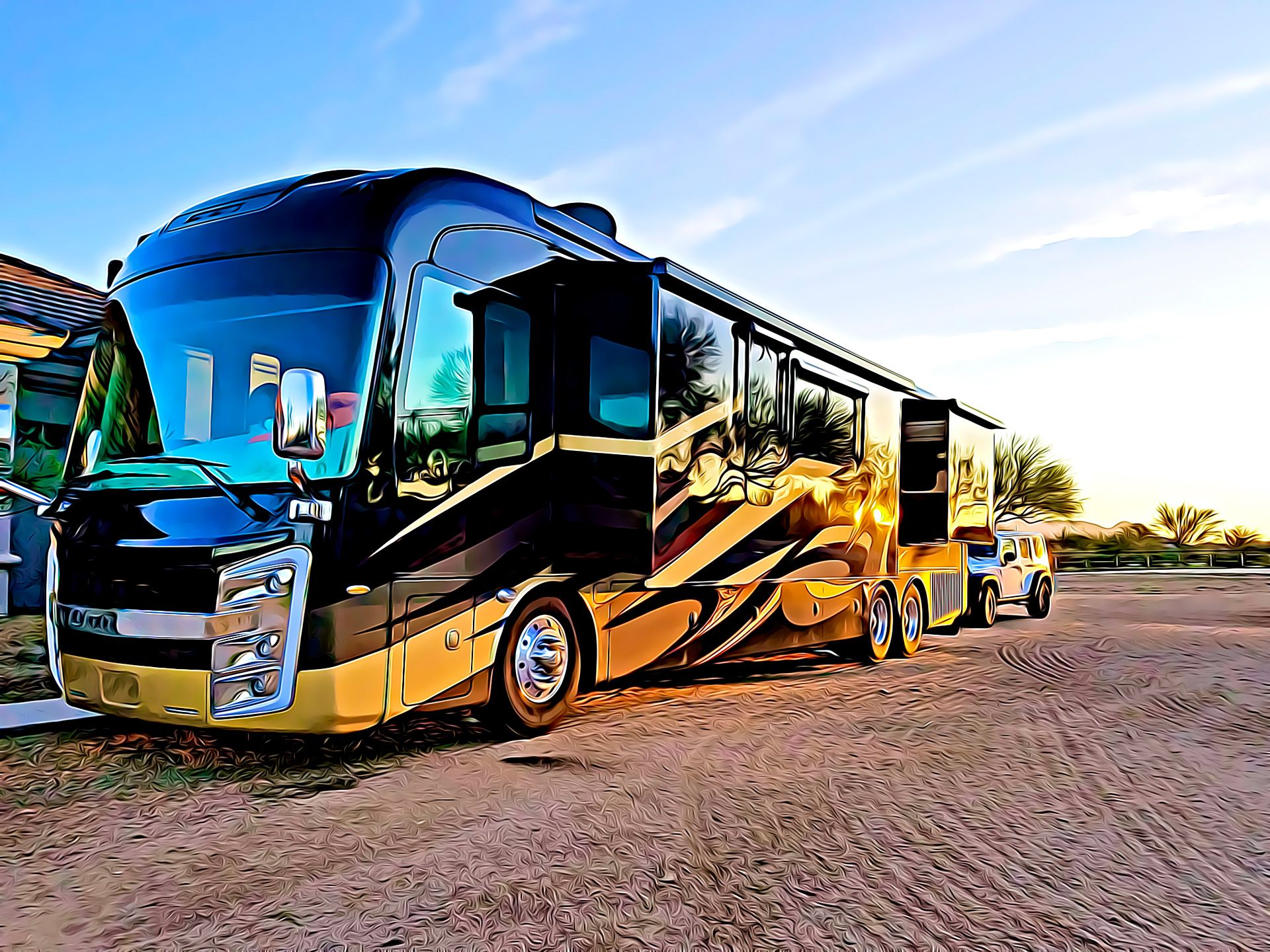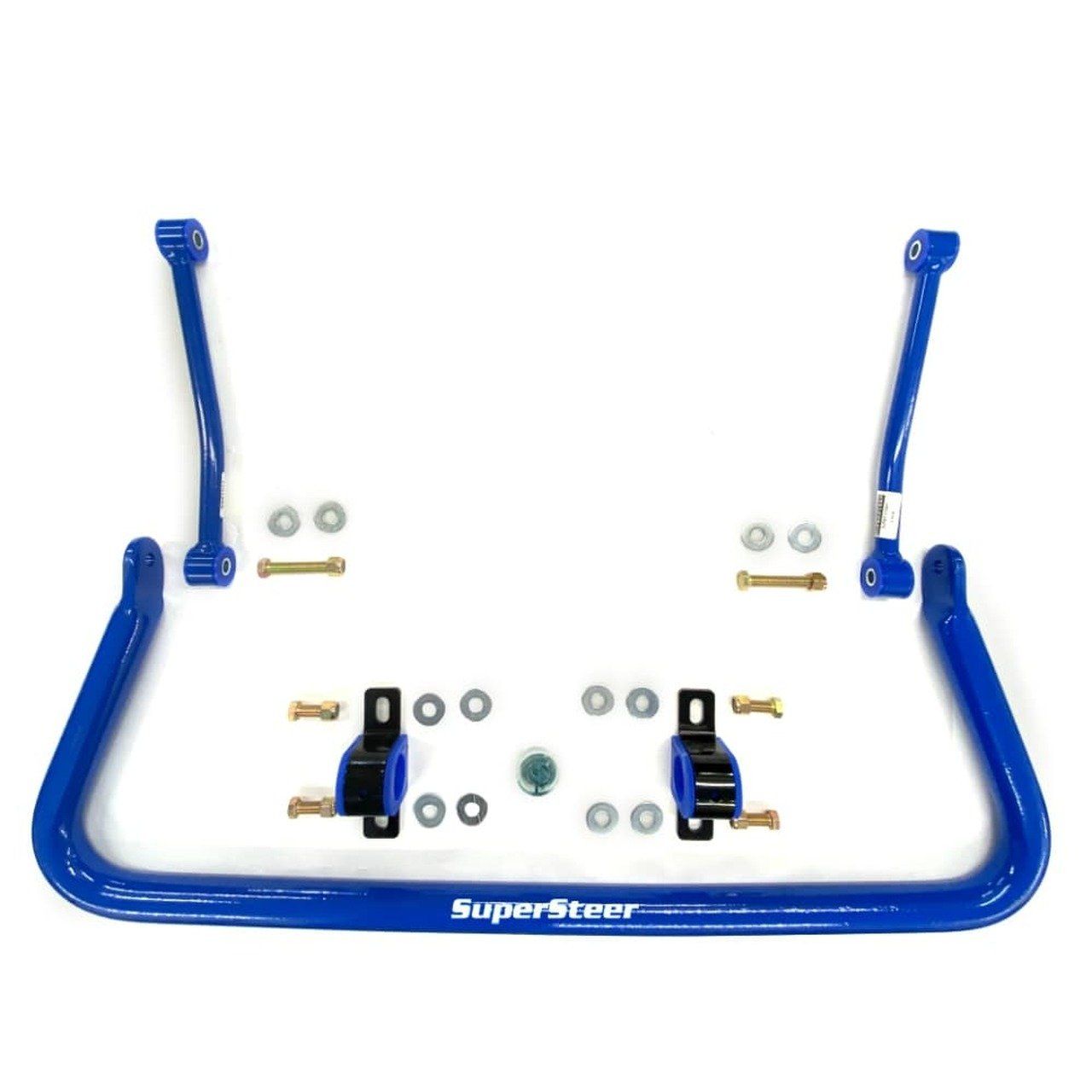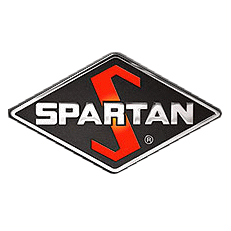The Complete Truck Maintenance Guide for Peak Performance
The Complete Truck Maintenance Guide for Peak Performance
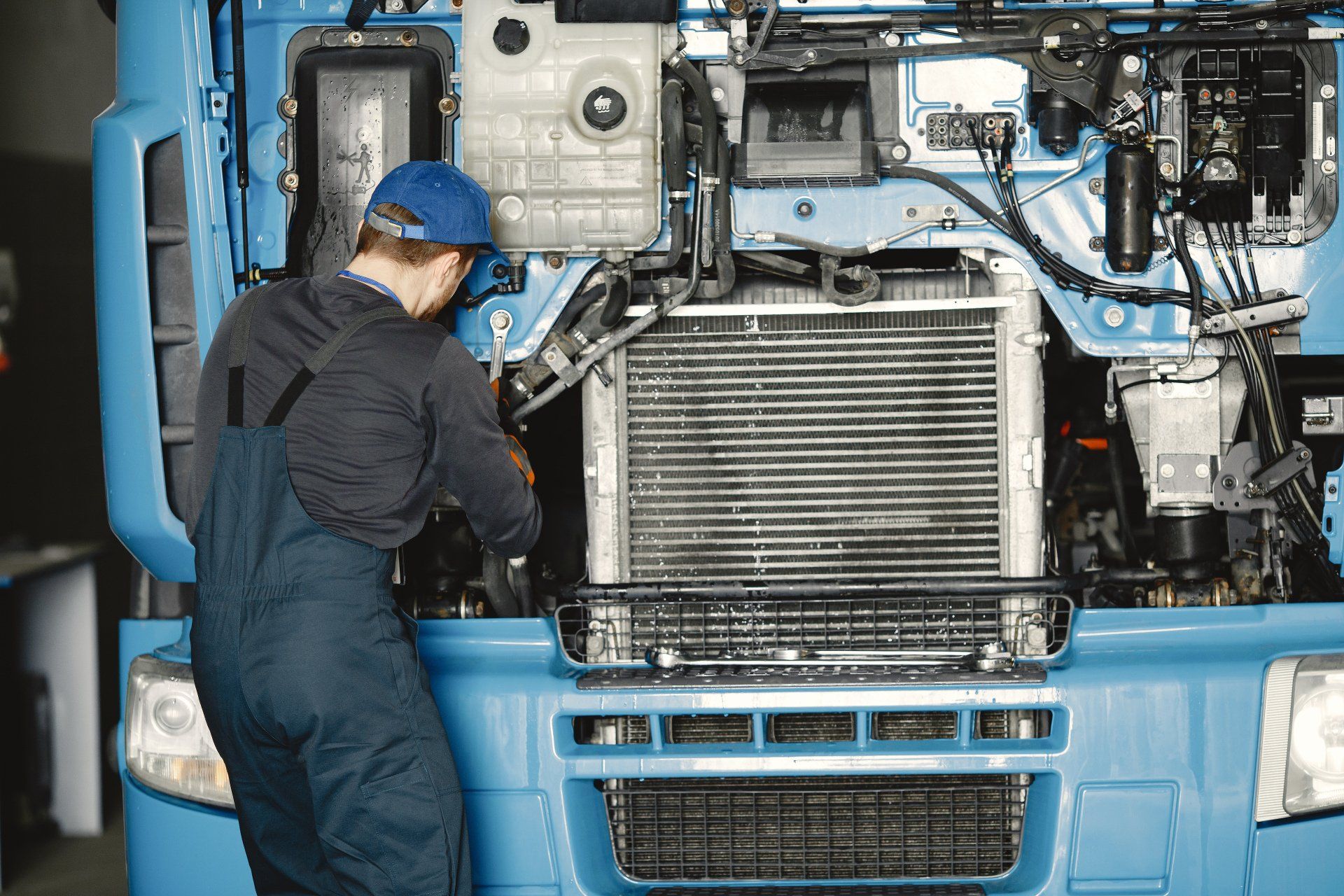
Keeping a truck in excellent condition will keep it running at peak performance for longer. Regular maintenance ensures that your vehicle remains reliable, but also helps in identifying potential problems before they escalate into costly repairs. Here are some of the most important truck maintenance tips, including tire rotation, brake inspection, oil changes, engine coolant, and maintaining fluid levels to keep your truck running at peak performance longer.
Tire Rotation
Tires are fundamental to your truck's performance and safety. Regular tire rotation is essential to extend their lifespan and maintain even wear. Typically, tires should be rotated every 5,000 to 8,000 miles, but check your truck's manual for specific recommendations. Rotating the tires also provides an opportunity to inspect for damages, check tire pressure, and ensure the tread depth is within safe limits.
Brake Inspection
Brakes are a critical safety component in any vehicle. Regular brake inspections are necessary to ensure your truck can stop effectively. Inspect the brake pads, discs, and fluids at least twice a year. Look for signs of wear, such as squealing noises or a spongy brake pedal. If you notice any issues, it's essential to have your brakes serviced immediately.
Oil Changes
Regular oil changes will always be a primary factor for the health of your truck's engine. They keep the engine components lubricated, minimizing friction and wear. The frequency of oil changes can vary based on the make and model of your truck and the type of oil used. Make sure you know what the manufacturer recommends and follow those recommendations. Always use the type and grade of oil recommended by the manufacturer.
Engine Coolant
The engine coolant helps maintain the temperature of your truck's engine, preventing it from overheating. It's important to check the coolant level regularly and top it off as needed. Additionally, the coolant should be flushed and replaced according to the schedule outlined in your truck's manual. This ensures the cooling system remains efficient and free of contaminants.
Maintain Fluid Levels
Apart from engine oil and coolant, other vehicle fluids need regular monitoring. These include transmission fluid, power steering fluid, brake fluid, and windshield washer fluid. Check these fluids regularly and refill them as needed. It's also crucial to look for any signs of leaks, as they can indicate a more severe issue.
Brake Fluid
Brake fluid is a crucial component of the braking system, as it transfers the force created when you press the brake pedal to the wheel hub. Over time, brake fluid can absorb moisture, leading to decreased effectiveness and potentially damaging the braking system. It's recommended to check the brake fluid level regularly and change it every 1-2 years or as specified in your truck's manual. Always use the type of brake fluid recommended by the manufacturer. Low or dirty brake fluid can lead to reduced braking performance or even brake failure, so it's vital to maintain it properly.
Transmission Fluid
Transmission fluid helps in keeping the transmission system lubricated and cool. It's important to regularly check the transmission fluid level and quality. If the fluid is dirty or has a burnt smell, it should be replaced. Most manufacturers recommend changing the transmission fluid every 30,000 to 60,000 miles. However, if your truck is used for towing or other heavy-duty activities, more frequent changes may be necessary. Regular maintenance of the transmission fluid can prevent costly repairs and ensure smooth shifting.
Engine Maintenance
Regular engine maintenance is critical for the longevity and efficiency of your truck. This includes checking and maintaining the engine oil, coolant, and other fluids, as well as inspecting belts, hoses, and the battery. Keep an eye out for any unusual noises, leaks, or changes in engine performance. Regular maintenance checks can help identify issues like worn belts or corroded battery terminals before they lead to bigger problems. Adhering to the manufacturer's maintenance schedule is the best way to keep your engine running smoothly.
Spark Plug Replacement
Spark plugs are important for the engine's ignition system. They provide the spark that ignites the air-fuel mixture in the combustion chamber. Over time, spark plugs can become fouled or worn, leading to poor performance, reduced fuel efficiency, and increased emissions. Most manufacturers recommend replacing spark plugs every 30,000 to 90,000 miles, depending on the type of spark plugs used and your truck's specifications. Replacing old spark plugs can significantly improve engine performance and fuel efficiency.
Air Filter Changes
The air filter prevents dirt and other particles from entering the engine, protecting it from damage. A clogged air filter can reduce engine performance, increase fuel consumption, and lead to higher emissions. It's generally recommended to change the air filter every 12,000 to 15,000 miles, but this can vary based on driving conditions. If you frequently drive in dusty or dirty environments, your air filter may need more frequent changes. Regular air filter changes ensure that your engine receives clean air for optimal performance.
Cleaning the Fuel System
Over time, the fuel system can accumulate deposits that can clog the fuel injectors and reduce engine efficiency. Cleaning the fuel system involves removing these deposits from the fuel injectors, fuel lines, and fuel pump. This can be done using a fuel system cleaner added to the fuel tank or through a more comprehensive cleaning service at a repair shop. Regular cleaning of the fuel system can improve fuel efficiency, reduce emissions, and enhance overall engine performance. It's recommended to clean the fuel system every 15,000 to 20,000 miles or as advised by your truck's manufacturer.
Battery Maintenance
The battery is crucial for starting your truck and powering electrical components. Regular maintenance is essential to ensure it remains reliable. First, visually inspect the battery for any signs of damage, corrosion, or leakage. If the battery is more than three years old, consider testing its charge capacity. In colder climates, batteries may need more frequent checks, as low temperatures can reduce their efficiency.
Checking the Voltage
Regularly checking the battery voltage is a simple yet effective way to gauge its health. A fully charged battery should typically read around 12.6 volts or higher when the engine is off. If the voltage drops below 12.4 volts, the battery may need charging or replacing. A multimeter can be used to check the voltage. Ensure your truck's engine is off and the battery terminals are clean before testing.
Clean All the Terminals
Corrosion at the battery terminals can impede electrical conductivity, leading to starting problems. To clean the terminals, first disconnect the battery cables, starting with the negative cable. Use a wire brush and a mixture of baking soda and water to clean any corrosion from the terminals and cable connectors. Rinse with water and dry thoroughly before reconnecting the cables, positive first.
Truck Exterior Maintenance Items
Maintaining the exterior of your truck is about aesthetics and protecting it from rust and damage. Regularly wash your truck to remove dirt, grime, and road salts, which can cause corrosion. Pay special attention to the undercarriage, especially in winter. Waxing your truck can provide an additional protective layer against the elements. Also, inspect the body for any signs of rust or damage and address them promptly to prevent further deterioration.
Contact Mainline RV & Truck Service for Professional Truck Maintenance
For comprehensive and professional truck maintenance, consider reaching out to Mainline RV & Truck Service. We offer a wide range of services, from routine truck maintenance to more complex repairs. With experienced technicians and state-of-the-art equipment, Mainline RV & Truck Service can keep your truck in top condition, providing peace of mind and reducing the likelihood of breakdowns. Whether it's regular servicing or addressing specific issues, our expertise can be invaluable in maintaining your vehicle's longevity and performance. Get in touch with us today to learn more about our professional truck maintenance.


